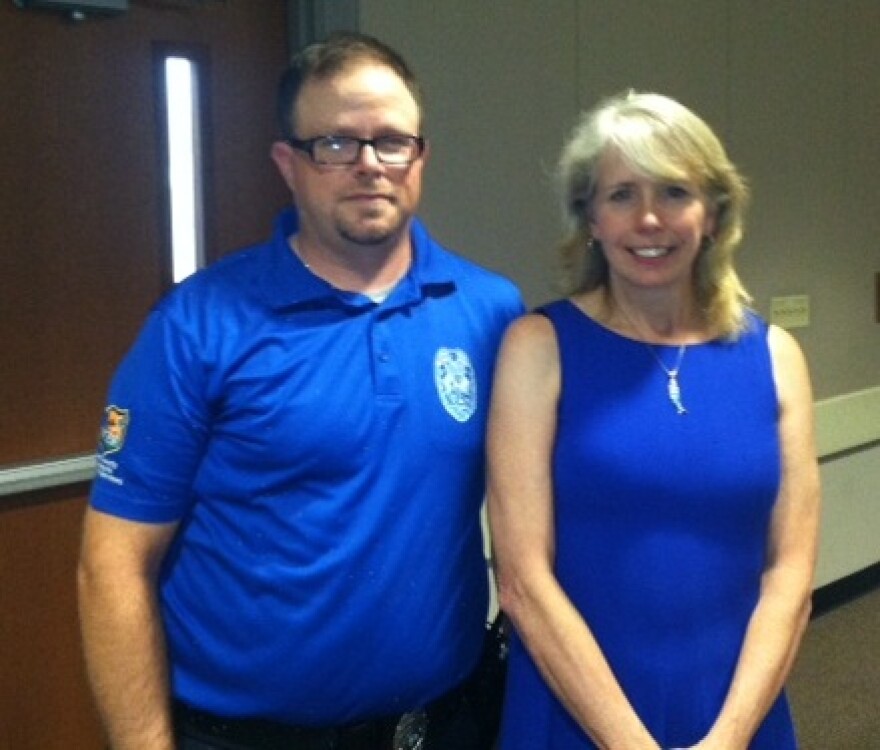The Lee County Task Force on Hoarding held a seminar at Florida Gulf Coast University Thursday focused on the impacts of hoarding on children and other family members.
“It’s almost like it’s a family secret. They’re a forgotten group so today we wanted to bring that to the forefront,” said Belinda Bruster, Ph.D., FGCU Bachelor of Social Work program director and task force member.
“We’re hoping that people who attended today will bring it back to their workplace and they’ll talk about it when they get home with their families and members of the community,” Bruster said. “People don’t talk about children of hoarders and it’s a huge child welfare issue, not just here in Lee County, but throughout the nation.”
The task force includes members from Human Services, Animal Control, the Health Department, mental health professionals and the United Way among others. The task force’s varied make-up reflects the complexity of dealing with the problem of hoarding.
The symposium featured author and keynote speaker Barbara Allen. Her memoir, “Nice Children Stolen From Car,” details her difficult upbringing as the child of a hoarder.
“I know for us, growing up as children we were very ashamed of our environment,” said Allen. “We certainly were going to keep that secret because we didn’t want any of our friends to find out how we lived or what our home looked like. It was bad enough we were going to school with unwashed hair and unclean bodies and having to deal with that social stigma, but to actually have them come home and see our home, that would have been a nightmare.”
Bruster said Allen’s personal account highlights signs teachers can look for to help identify a child living in a hoarding household. “Are they coming to school dirty? Do they have hair lice, flee bites? Do they smell? And then of course neighbors can being to watch out for that too,” said Bruster. “When they’re playing with other kids or if they go to another kid’s house; or kids who isolate themselves, who never come out of the house or never have friends over.”
Task force members say more than 1.4 million homes in the U.S. are affected by hoarding. Getting a handle on the scope of the problem locally is difficult, but it’s known to be pervasive.
“According to Code Enforcement, they get over a thousand calls a month regarding hoarding,” said Bruster. “Now, of course, every case is not a hoarding case, but people don’t know that until Code Enforcement actually goes out, but they get so many calls per month.”
For help with hoarding or to report a suspected hoarding concern, call United Way’s 211 line.



